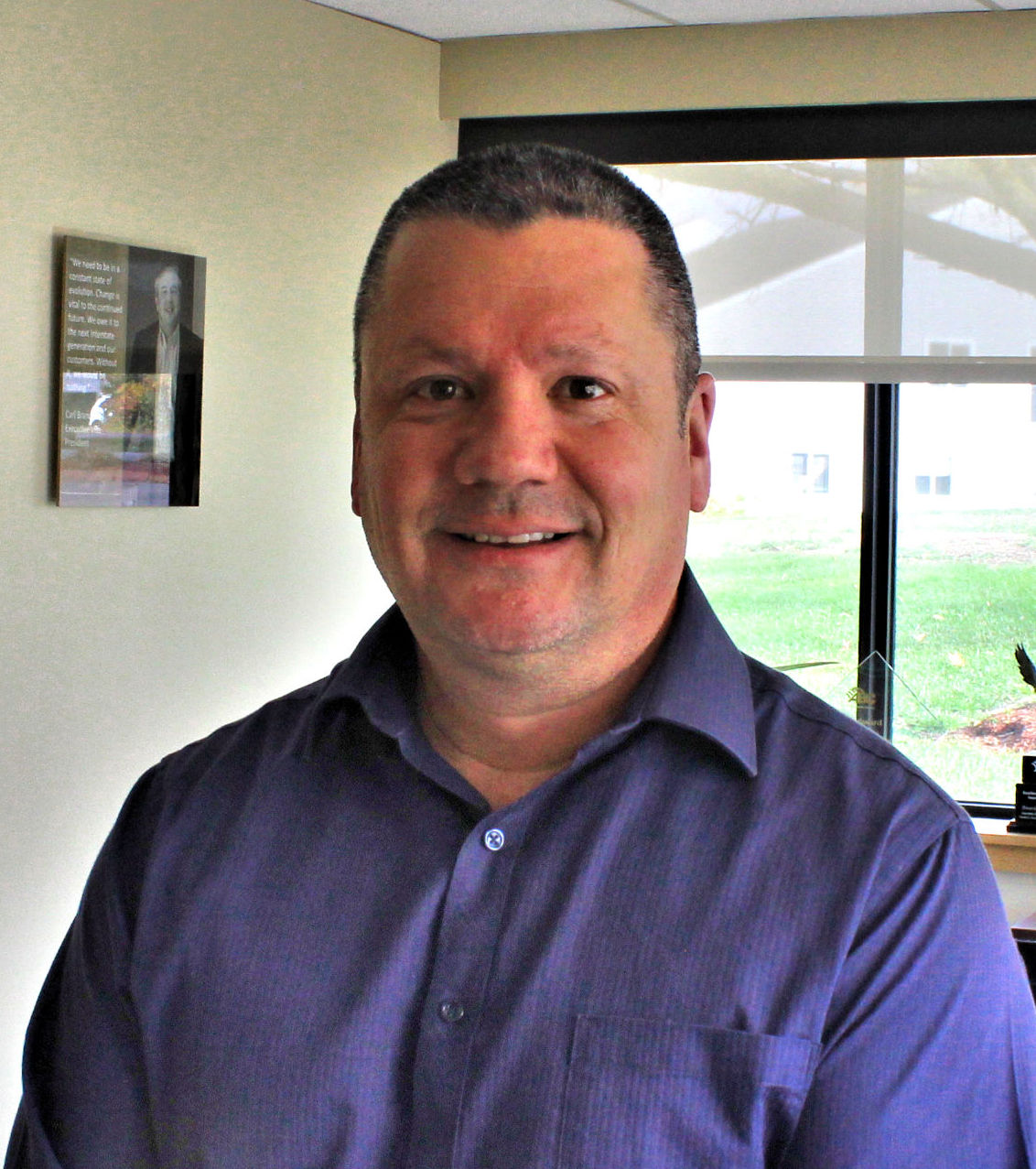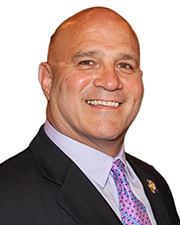News:
Construction Design & Engineering
Posted: July 17, 2014
Levi + Wong Design Associates helps Boston Medical Center develop master plan
Boston Medical Center (BMC) is a 496 bed, 2.5 million s/f, private, not-for-profit, academic medical center. In a city ripe with world class medical facilities, BMC provides care to the most vulnerable patients in the community and has a long-standing mission to provide exceptional medical care to all.
In addition to being challenged by an inefficient campus layout resulting from the merger of two separate hospitals in 1996, healthcare reform, declining reimbursement rates and the economic downturn put significant pressure on BMC's revenue, the hospital took action and implemented cost savings and efficiency strategies to stabilize finances and to ensure the long-term financial health of the hospital.
Leadership at BMC reviewed departmental operations, growth strategy, engineering infrastructure, and conducted a highest-and-best-use appraisal of real estate holdings to achieve four major goals:
* Quality: Improve patient experience, efficiency
* Sustainable design
* Safety: Improve environment of care
* Total Revenue: Improve operational efficiency and retention of patients.
Here was an opportunity to design inpatient (30,000 annual admissions) and high volume outpatient services (1 million annual visits) into one campus that would reduce overall square footage, improve patient care and significantly reduce operating costs. Several approaches were studied:
* An upgrade of the outpatient campus into a comprehensive Women's and Children's Center ($160 million construction, $12 million annual savings)
* A new inpatient tower with expanded imaging, surgery and private beds ($360 million construction, $30 million annual savings)
* A clinical campus redesign approach featuring an upgrade of the three existing inpatient buildings together with a new infill building ($270 million construction, $25-$30 million annual savings).
The clinical campus redesign scheme was selected, as it promised the best return on investment and set the stage for BMC's long-term viability and growth.
Levi + Wong Design Associates helped BMC develop a strategy that consolidates duplicate departments, improves patient experience, and focuses on the renovation of major existing inpatient buildings to create a unified campus brand - all while allowing for future long-term development, and to start the changeover to 100% private beds. The process includes the right-sizing, reprogramming, and replanning of thirty medical departments, evaluation of operations and adjacencies, reduction of licensed patient beds, investigation of aged engineering infrastructure, and relocation of peripheral administrative and support services.
All construction is targeted LEED Silver, but potentially the biggest single impact on waste and materials reduction is the facilities that BMC does Nnot plan to build. Renovation of existing facilities with new infill projects will create a campus that provides better care at lower cost; overall campus square footage will actually reduce by 13%.
The most challenging aspect of the entire scheme is to accomplish all this - 500,000 s/f renovations and 150,000 s/f new construction - while the campus remains fully occupied. The solution comprises multiple, multi-phase renovations of existing inpatient and high-volume outpatient buildings, together with a new infill buildings to create the large footprints required for emergency, surgery and imaging. The primary public circulation system will be reorganized for better wayfinding and interconnectivity among the Menino, Yawkey and Moakley buildings, and a new bridge across Albany St. will tie the Menino and Shapiro Buildings to service and support functions.
A reorganized and expanded emergency department, co-located with urgent care for greater efficiency and staffing flexibility, will grow by 30% to handle its 130,000 visit annual caseload. Surgical services and interventional radiology will be consolidated into a comprehensive interventional procedural platform to share peri-operative and support services. Women's and pediatric services will be consolidated into one building for better adjacencies and brand recognition. Improvements to patient bed units will focus on patient privacy, higher acuity needs, and a larger universal room design that can be fitted out as ICU or med surg rooms over the long term to provide flexibility.
Levi + Wong Design Associates worked in conjunction with Tsoi Kobus & Associates on the master plan and helped to update the BRA Institutional Master Plan. Over 30 consultants were involved in the planning and design effort.
Enabling projects: Initial phases of the master plan involve a series of "enabling projects" to decant existing floors to make room for major departmental relocations. Levi + Wong Design was selected to design projects in the renovated the Yawkey Building and public areas of the Menino Building.
A new public connecting corridor will link the entry lobbies of the three main inpatient buildings to create a cohesive public realm, and a new 200-seat cafeteria overlooking the Yawkey lobby will serve as a focal point for the reimagined public space. The cafeteria features a demonstration kitchen to teach healthy cooking to patients and interested hospital staff. A new chapel, family waiting rooms, 24/7 coffee/gift shop, admitting department and public rest rooms will provide a new vitality at BMC's Main Lobbies. A dedicated Maternity entrance to Admitting highlights an effort to attract more patients, and translator services will be expanded. An art program designed to reflect the multi-cultural patient population will be extended into renovated areas.
The new maternity unit on the 3rd floor of Yawkey will integrate triage, labor and delivery, c-section, NICU, and antepartum and postpartum rooms onto a single 50,000 s/f floor. It includes nine larger labor delivery rooms (some with in-room relaxation tubs for assisting in labor) and thirty all-private antepartum/ postpartum patient rooms with dedicated zones for baby and family. The new 21-bed NICU will offer a 50/50 mix of private rooms and open quads to provide the variety of care options recommended for neonates.
The Yawkey Building projects will be completed in the first half of 2015, and all master plan construction is slated for completion by the end of 2018.
MORE FROM Construction Design & Engineering
Timberline Construction Corp. completes renovation for Notre Dame Long Term Care facility
Worcester, MA Timberline Construction Corp. (Timberline) has completed an 18-month, 55,000 s/f renovation of the Notre Dame Long Term Care facility. The project transformed the nursing home into a modern, community-driven and patient-focused environment

Quick Hits
Columns and Thought Leadership

Ask the Electrician: How do I prepare my commercial building for a disaster?
New England’s notorious weather – from fierce winter storms to summer squalls and fall hurricanes – can leave businesses in the dark. While power outages are often blamed on storms, they can also be caused by unforeseen events like accidents or construction mishaps.

Insulation experts are the unsung heroes of our clean energy progress - by Jeffrey Saliba
While not as well-known as Nobel-prize-winning economists, politicians, or international climate activists, your local union insulators are essential to reducing harmful carbon emissions across Massachusetts. We’re proud to advocate for cleaner energy in the halls of power, as well as do the skilled, physical work in schools, office buildings,

Navigating tariffs and material uncertainty in today’s construction market - by Karl Ginand and Tiffany Gallo
As headlines around tariffs seem to dominate the news daily, many considering construction projects have anticipated major cost escalations and widespread supply issues. While tariffs haven’t driven pricing spikes to the extent once feared, the lasting impact has been a new layer of uncertainty, affecting more than just budgets.

It’s time to lead: Confronting mental health in construction - by David Watts
As we close Mental Health Awareness Month, we must be clear: May isn’t just about ribbons, hashtags, or lunchtime mindfulness apps. It’s about responsibility to confront hard truths that linger in silence, and to challenge ourselves, as leaders in our industry, to do more.

 (1) (1).png)








.png)
.png)